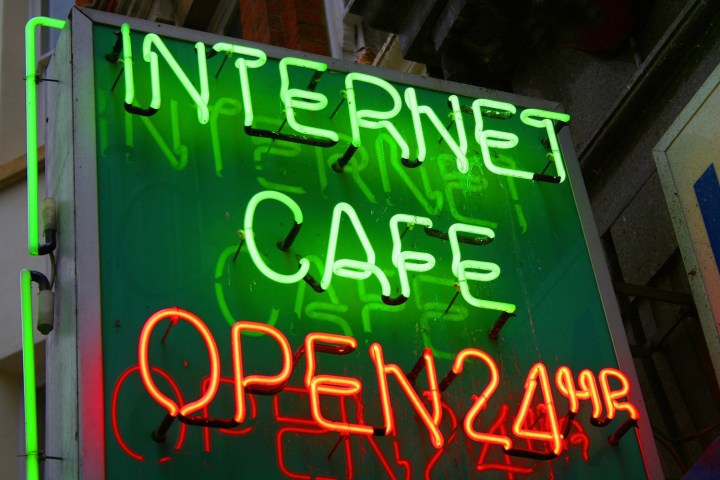
Instead, as an autonomous not for profit organization, ICANN will now answer to international stakeholders across the internet community, including a governmental advisory committee, a technical committee, industry committee, internet users, and telecommunications experts.
Lawrence Strickling, Assistant Secretary for Communications and Information at the Department of Commerce, released a brief statement early Saturday on the transition, saying simply. “As of October 1, 2016, the IANA [Internet Assigned Numbers Authority] functions contract has expired.”
The decision to release ICANN from under the thumb of the government has become a highly politicized issue, with some lawmakers insisting that the move would be akin to the U.S. “giving away the internet,” and could serve as a threat to First Amendment rights.
But others say that these are misguided notions. As Ingrid Burrington, an expert on the infrastructure of the internet noted, critics of the deal are “under the impression that we owned the Internet to begin with, and we never really did … your Internet is going to keep working the same way.”
Editors' Recommendations
- White House unveils 31 U.S. tech hubs to boost industry
- Email typo misdirects millions of U.S. military messages to Mali
- U.S. airports safer after software upgrades aimed at preventing taxiway landings
- Nreal’s Air AR glasses head to the U.S., ready to rock with iPhones
- Jeep is launching its first two electric SUVs in the U.S. in 2024


